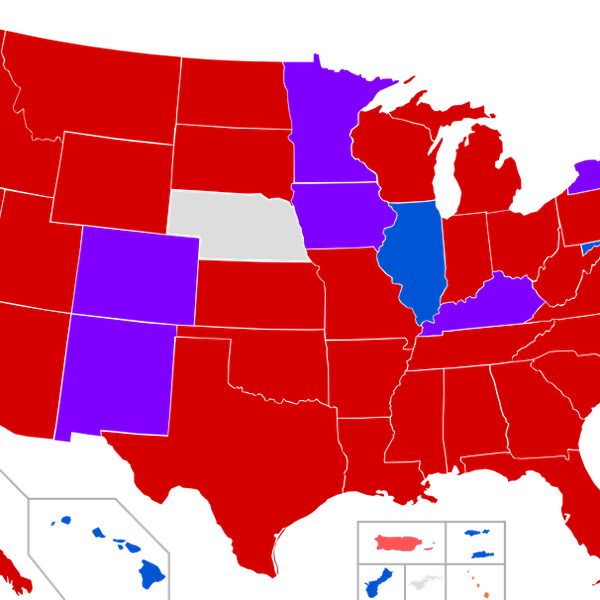This upcoming presidential election could be one of historic proportions. More people than ever are tied up in this election with strong opinions about each of the candidates. This may mean a projected number of voters larger than ever before. And while it’s great Americans have the developed strong urgency to vote on who they want to be their next president, there are other important decisions voters will have to make when they head to the polls on November 8th.
Along with checking off a name for president, voters will be faced with a number of questions posed to change the democratic workings of each individual state. In Massachusetts specifically, voters will have to make decisions regarding four questions that could potentially change drastic parts of the state as they know it. Here is a synopsis on each question Massachusetts voters will be faced with, and what each could mean for the future.
Question 1: The Massachusetts Authorization of a Second Slots Location Initiative
In simple terms, this question is in regards to gambling. Question 1 would allow the Gaming Commission to issue an additional slots licensure. In 2011, it was approved to add up to three resort casinos and one slots casino in Massachusetts. Currently, the only casino with a slots license in Massachusetts is Plainridge Park Casino in Plainville, MA.
In short, a vote ‘yes’ on this question would allow the Gaming Commission to issue more licenses in the state to open more slots casinos like Plainridge. This could mean more jobs, tax revenue, and added retail and entertainment value to the communities surrounding potential locations. A vote ‘no’ would keep the current standings on slots gambling in Massachusetts. This would mean Plainridge Park Casino would still hold the only slots license in the state, and no others would be opened. This could mean no increase in traffic or noise in the communities surrounding the potential locations and also a possible prevention of gambling addictions in the state.
Question 2: The Massachusetts Authorization of Additional Charter Schools and Charter School Expansion Initiative
Question 2 is the first voting question that has been introduced in the state’s history dealing with school choice. Question 2 would authorize the addition of 12 new charter schools or expansion of existing ones in the state. A charter school is defined by Uncommon Schools as “an independently run public school granted greater flexibility in its operations, in return for greater accountability for performance.”
A vote ‘yes’ would support the proposal, and could see the addition of charter schools in Massachusetts. This could mean more educational options for parents to choose from for their children in the future. A vote ‘no’ would oppose the proposal, and would mean funding and educational options would remain in the domain of the current public education system.
Question 3: The Massachusetts Minimum Size Requirements for Farm Animal Containment
This question deals with the size of spaces animals bred for consumption can be held in. It would prohibit animals such as pigs, calves, and chickens from being housed in spaces they cannot lie down in, extend their limbs fully, or turn around freely in. A vote ‘yes’ would support this measure, and enforce stricter rules for farmers raising these animals, and cause them to adhere to previously stated space requirements. A vote ‘no’ would oppose the proposal, and could mean the continuation of farm animals being held in confinement.
Question 4: The Massachusetts Marijuana Legalization Initiative
Marijuana is currently medically legal in 25 states and the District of Columbia, and recreationally legal in four states and the District of Columbia. As of right now, Massachusetts has only legalized its use for medical purposes. A vote ‘yes’ to this measure could mean the legalization of recreational marijuana use in Massachusetts. It would be regulated similarly to alcoholic beverages, and would only be allowed for purchase by adults, 21 years and older. This could mean a projected increase in revenue due to the proposed sales taxes on legal marijuana and a potential decrease of people being charged with crimes involving marijuana. A vote ‘no’ could keep the measure from passing, which would mean Massachusetts would still allow marijuana for medical purposes only. This could mean only people with certain medical conditions would be able to use marijuana, and prevent potential issues with marijuana dependency among minors, if legalized.
Ultimately, the choice is yours. It’s important to go out and vote, whether that be in person or through an absentee ballot. The only way you can see change in your world is if you implement your right to vote as an American citizen. It is not just about choosing who will run this country, but also about making important decisions on issues you’ll see enacted closer to home. And remember, if you don’t vote, then you have no right to air your opinions on the outcome.





















